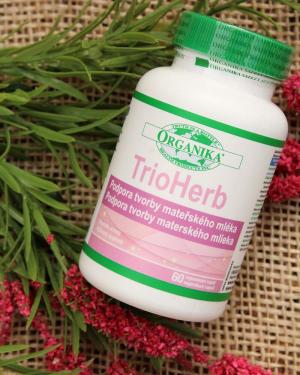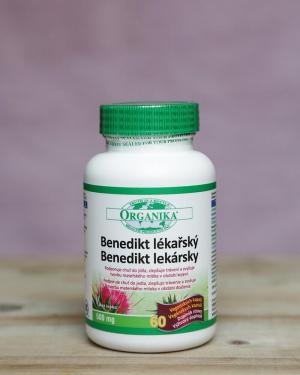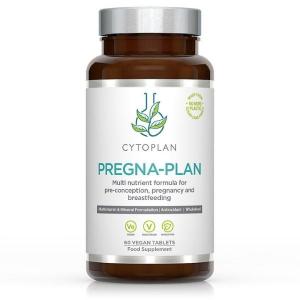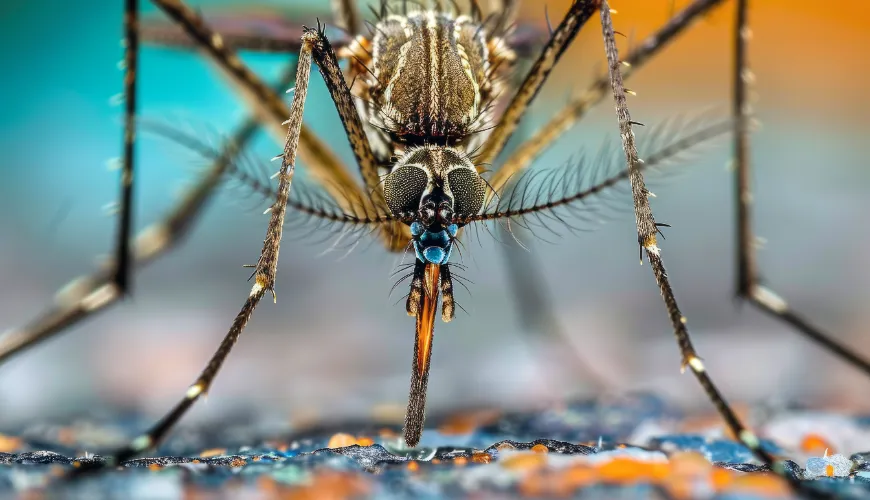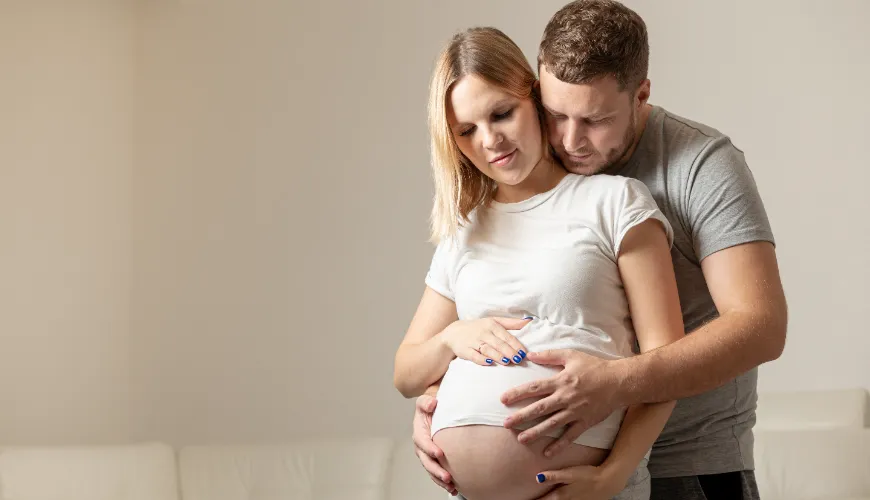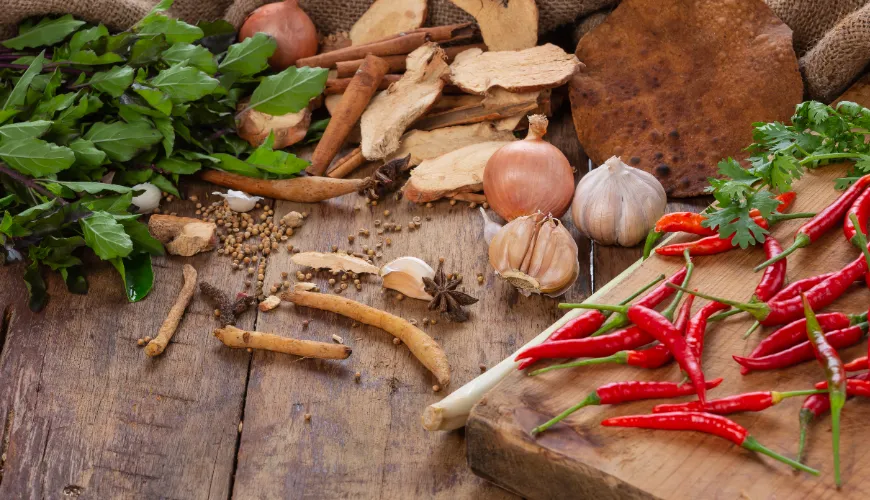
Natural Relief for Diarrhea During Pregnancy and What Really Works
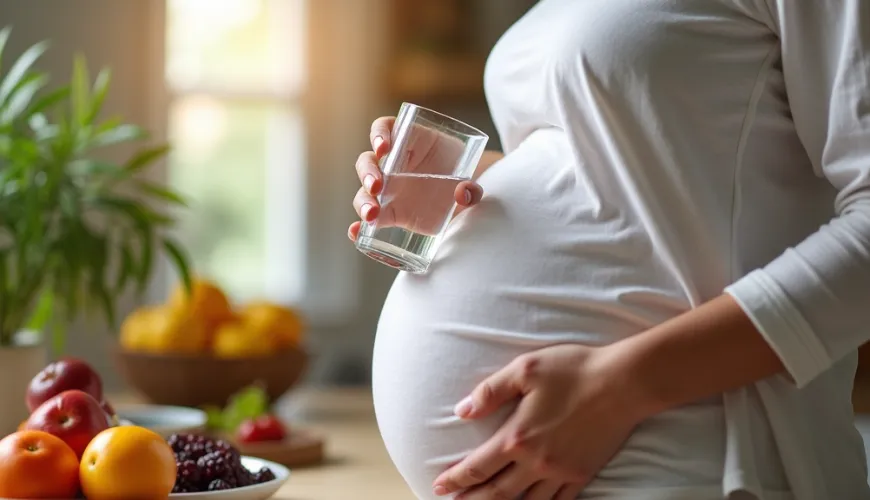
Diarrhea During Pregnancy
Pregnancy is one of the most beautiful periods of life, but it also brings many changes that can surprise expectant mothers. Among the less pleasant symptoms is diarrhea during pregnancy, which is not as uncommon as it might seem. What are the main causes, when is it necessary to see a doctor, and what works for diarrhea during pregnancy?
Why Diarrhea Occurs During Pregnancy
A woman's body undergoes enormous changes during pregnancy, and the digestive system reacts in various ways. Abdominal cramps and diarrhea during pregnancy can be the result of hormonal changes, where the level of progesterone increases and affects bowel motility. While some women suffer from constipation, others experience more frequent or loose stools.
In the first trimester, when the body is adapting to the new condition, diarrhea in the 1st trimester of pregnancy is relatively common. Stress, a change in eating habits, or even taking certain vitamin supplements can cause bowel irritation.
For example, one mother recalled how, in the first weeks of pregnancy, she was struck by sudden abdominal pains associated with frequent trips to the toilet. It turned out that her problems were caused by a change in diet – out of concern for the baby's health, she switched to foods high in fiber, and her digestion was just getting used to the new regime.
When Diarrhea in Pregnancy is Harmless and When to Seek Help
Most cases of diarrhea during pregnancy are mild and resolve on their own within a few days. However, if diarrhea lasts longer than 48 hours, is very watery, or is accompanied by other symptoms, it is important to be alert. Watery diarrhea during pregnancy can lead to dehydration, which is dangerous for both the mother and the developing fetus.
Severe abdominal cramps that won't ease, a fever higher than 38 °C, blood or mucus in the stool, and signs of dehydration like dry mucous membranes, dark urine, or dizziness – all of these are warning signs that should not be taken lightly.
Try our natural products
In such cases, it's best not to hesitate and contact a doctor. As the Mayo Clinic website states, timely resolution of digestive problems during pregnancy can prevent more serious complications.
What Really Helps with Diarrhea During Pregnancy
First, it's important to focus on replenishing fluids. Hydration is key, with water, weak tea, or broth being ideal. It's recommended to avoid sugary drinks, as sugar can worsen diarrhea.
The diet should be light and gentle. Suitable foods include:
- Bananas
- Rice
- Applesauce
- Toast
This simple menu is known as the BRAT diet (Bananas, Rice, Applesauce, Toast), which helps soothe digestion. Gradually, you can add cooked carrots, peeled potatoes, or poached chicken.
A question many pregnant women ask is: Can I take medication for diarrhea during pregnancy? Generally, self-medicating with antidiarrheal drugs without consulting a doctor is not advisable. Some medications may contain substances that could affect fetal development. If deemed appropriate, a doctor may recommend safe alternatives, but often rest, adequate fluids, and a gentle diet suffice.
Diarrhea During Pregnancy by Trimesters
Interestingly, diarrhea during pregnancy can occur at different times, each with its specific causes. In the 1st trimester, hormonal upheaval and lifestyle changes are common culprits. In the 2nd trimester, digestion usually stabilizes, and if diarrhea occurs, it often relates to dietary errors or infection.
In the 3rd trimester, diarrhea sometimes appears as part of the body's natural preparation for birth. Some women notice more frequent and loose stools a few days before contractions start. This phenomenon is normal, but if accompanied by severe pain, excessive contractions, or other unusual symptoms, it's advisable to consult a doctor.
Natural Remedies and Prevention
Many expectant mothers aim to experience pregnancy as naturally as possible and seek gentle ways to find relief. When it comes to diarrhea during pregnancy, natural solutions can be very effective. For instance, a small amount of ginger tea can help calm an upset stomach, as can chamomile infusion.
Another tip is to include probiotics in the diet. Natural probiotics, such as kefir or quality yogurt, can support the balance of gut microflora, which is helpful not only for diarrhea but also for prevention.
How to prevent diarrhea? It's important to follow basic hygiene rules, especially when handling food. Pregnant women should eat only well-cooked meat, avoid raw eggs, and unpasteurized dairy products. Traveling abroad, particularly to areas with lower hygiene standards, requires special care in food and water selection.
When an Infection is Behind the Diarrhea
It's worth mentioning that sometimes diarrhea during pregnancy is not just due to hormonal changes or stress, but an infection. Viral gastroenteritis, bacterial infections like salmonellosis, or parasitic diseases can cause more serious courses.
A story of one mother illustrates the importance of listening to your body. While on vacation abroad, she experienced severe abdominal pain and watery diarrhea during pregnancy, accompanied by a fever. Fortunately, a quick visit to the doctor and appropriate treatment prevented complications. "Thanks to not delaying and going for an examination right away, I avoided serious problems," she says.
Such situations confirm that it's better to see a doctor unnecessarily once than to underestimate something.
Strengthening the Body with Care
Pregnancy is a sensitive period that requires a gentle approach to every change in the body. Diarrhea itself may not be a reason for panic, but it should not be underestimated either. Listening to the body's signals, taking care of hydration, choosing gentle foods, and not hesitating to consult everything with a gynecologist if needed – this is the way to ensure a peaceful course of pregnancy even if unpleasantness arises.
As the saying goes: "Fortune favors the prepared." And in pregnancy, this holds true doubly.


